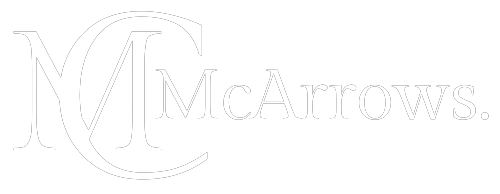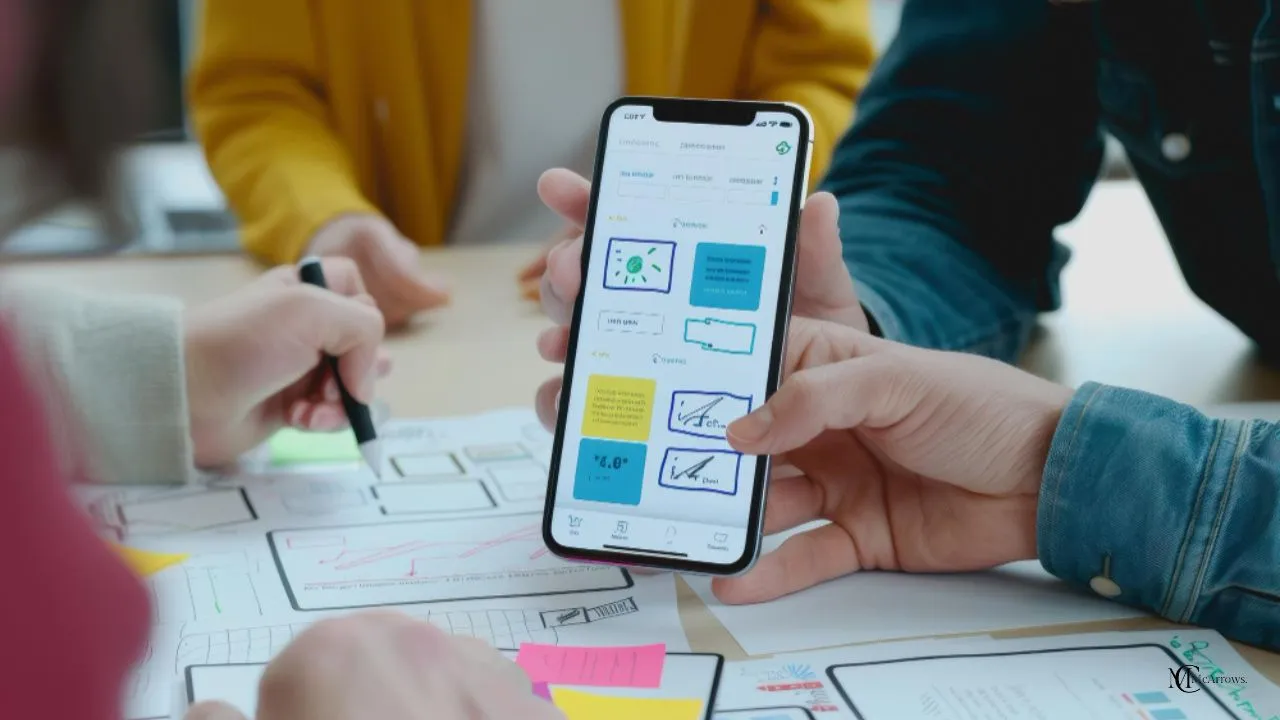Choosing the right technology stack for your mobile app development is a critical decision that can significantly impact your application’s success, performance, and scalability. With the ever-evolving landscape of technology, developers are often faced with the daunting task of selecting the most suitable tools, frameworks, and platforms. This article will guide you through the process of choosing the best technology stack for mobile app development, highlighting key considerations, popular technology stacks, and insights into making an informed decision.
Table of Contents
Understanding the Technology Stack
A technology stack refers to the combination of programming languages, frameworks, libraries, and tools used to develop a software application. In mobile app development, the technology stack can be divided into three main components:
- Front-end Development: This involves everything that users interact with directly in the app, including UI/UX design and client-side programming.
- Back-end Development: This encompasses server-side logic, databases, and business logic that supports app functionality and ensures data management.
- Development Tools: These include integrated development environments (IDEs), version control systems, testing frameworks, and other tools that streamline the development process.
Choosing the right technology stack requires a deep understanding of each component and how they interact to form a cohesive and efficient app.
Factors to Consider When Choosing a Technology Stack
When selecting a technology stack for your mobile app, consider the following factors:
1. Project Requirements and Objectives
Every app project is unique, and your technology stack should align with your specific project goals. Consider the type of app you’re building (e.g., e-commerce, social media, gaming), target audience, and desired features. Are you looking for a high-performance app with rich graphics? Or a lightweight app that runs smoothly on low-end devices? Your app’s requirements will significantly influence your technology choices.
2. Target Platforms
Decide whether you want to develop a native app, cross-platform app, or hybrid app. Native apps are built specifically for a single platform (iOS or Android), offering the best performance and user experience. Cross-platform apps are designed to run on multiple platforms using a shared codebase, reducing development time and cost. Hybrid apps combine elements of both native and web apps, providing a balance between performance and development efficiency.
3. Budget and Development Time
Consider your budget and timeline constraints when choosing a technology stack. Native app development can be costlier and time-consuming due to separate development for each platform. Cross-platform frameworks like React Native and Flutter can significantly reduce development time and cost by allowing you to write code once and deploy it on multiple platforms.
4. Team Expertise
Your development team’s expertise and familiarity with specific technologies play a crucial role in the selection process. Choosing a technology stack that aligns with your team’s skills can lead to faster development and fewer challenges. If your team is experienced in JavaScript, opting for a stack like React Native or Node.js could be a wise choice.
5. Scalability and Future-Proofing
Think about your app’s long-term goals and potential growth. Choose a technology stack that can handle increased user demands and adapt to future technological advancements. Scalability is essential to ensure your app remains functional and performant as it gains popularity and user base.
6. Security Considerations
Security is paramount in mobile app development, especially if your app handles sensitive user data. Evaluate the security features and capabilities of different technology stacks to ensure your app is well-protected against potential vulnerabilities and threats.
Popular Technology Stacks for Mobile App Development
Let’s explore some of the most popular technology stacks for mobile app development, along with their strengths and use cases.
1. Native App Development Stacks
Native app development involves using platform-specific technologies to create apps optimized for a particular operating system.
iOS Technology Stack
- Programming Languages: Swift, Objective-C
- Development Tools: Xcode, Interface Builder
- Frameworks: UIKit, SwiftUI, CoreData
- Advantages: Superior performance, access to native APIs, seamless integration with Apple’s ecosystem
- Use Cases: High-performance apps, apps with complex animations, and apps that require access to device hardware
Android Technology Stack
- Programming Languages: Kotlin, Java
- Development Tools: Android Studio, Android SDK
- Frameworks: Jetpack Compose, Material Design, Retrofit
- Advantages: Broad device compatibility, extensive community support, access to Google Play Services
- Use Cases: Apps targeting a wide range of Android devices, apps requiring deep integration with Android features
2. Cross-Platform App Development Stacks
Cross-platform development allows you to build apps for multiple platforms using a single codebase, reducing time and effort.
React Native
- Programming Language: JavaScript
- Frameworks: React Native
- Development Tools: Expo, Visual Studio Code
- Advantages: Reusability of code, fast development, a large ecosystem of libraries
- Use Cases: Apps requiring a consistent user experience across iOS and Android, MVPs
Flutter
- Programming Language: Dart
- Frameworks: Flutter
- Development Tools: Flutter SDK, Android Studio, Visual Studio Code
- Advantages: High-performance UI, hot reload feature, expressive widgets
- Use Cases: Apps with rich user interfaces, apps targeting both iOS and Android
3. Hybrid App Development Stacks
Hybrid app development involves creating apps that run inside a web view but look and feel like native apps.
Ionic
- Programming Languages: JavaScript, HTML, CSS
- Frameworks: Angular, React, Vue.js
- Development Tools: Ionic CLI, Capacitor
- Advantages: Access to native device features, rapid prototyping, wide community support
- Use Cases: Apps with simple functionality, apps that require rapid deployment
Cordova
- Programming Languages: JavaScript, HTML, CSS
- Frameworks: Cordova
- Development Tools: Apache Cordova CLI, Visual Studio Code
- Advantages: Easy access to native APIs, cost-effective development
Use Cases: Apps with minimal native functionality, apps for small businesses
Steps to Choose the Right Technology Stack
1. Define Your App Requirements
Begin by outlining your app’s core features, target audience, and objectives. Identify any specific functionalities or integrations your app needs, such as GPS, push notifications, or social media sharing.
2. Evaluate Your Team’s Expertise
Assess your development team’s skills and expertise in various technologies. Leverage their strengths by choosing a technology stack they are comfortable with, which can lead to a smoother development process.
3. Research and Compare Technology Options
Conduct thorough research on different technology stacks and their suitability for your app’s requirements. Consider factors like performance, scalability, and community support. Compare the strengths and weaknesses of each option.
4. Consider Long-Term Goals
Think about your app’s future and how the chosen technology stack aligns with your long-term goals. Ensure that the stack you choose can accommodate future updates and enhancements.
5. Prototype and Test
Before committing to a technology stack, create a prototype or MVP to test its feasibility. Evaluate the performance, user experience, and ease of development. Gather feedback from users and stakeholders.
6. Make an Informed Decision
Based on your research, testing, and team expertise, make an informed decision on the technology stack that best meets your app’s requirements. Consider the trade-offs and benefits of each option.
Need a Reliable Partner for Your Next Mobile App Project?
Selecting the right technology stack is just one part of building a successful mobile app. Partnering with a reliable and experienced mobile app development team can significantly impact your project’s outcome. At [Your Company Name], we specialize in delivering top-notch mobile app solutions tailored to your unique needs. Our team of skilled developers, designers, and strategists work collaboratively to bring your app idea to life, ensuring exceptional quality and user satisfaction.
Why Choose Us?
- Expertise in Diverse Technologies: Our team is proficient in a wide range of technologies, including React Native, Flutter, Swift, Kotlin, and more. We have the expertise to choose the best technology stack for your app’s requirements.
- Tailored Solutions: We understand that every project is unique, and we offer customized solutions that align with your business goals and vision. Our approach ensures that your app stands out in the competitive market.
- Agile Development Process: We follow an agile development methodology, ensuring flexibility and adaptability throughout the project lifecycle. This approach allows us to respond to changing requirements and deliver results efficiently.
- User-Centric Design: User experience is at the core of our development process. We create intuitive and visually appealing interfaces that enhance user engagement and satisfaction.
- Comprehensive Support: From concept to deployment and beyond, we provide comprehensive support and maintenance services to ensure your app’s success.
Partnering with [Your Company Name] guarantees a seamless and successful mobile app development journey. Let us help you transform your app idea into reality with the perfect technology stack.
Conclusion
Choosing the best technology stack for mobile app development is a crucial decision that requires careful consideration of project requirements, target platforms, budget, team expertise, and long-term goals. By understanding the different technology stacks available and evaluating their strengths and weaknesses, you can make an informed choice that ensures your app’s success.

CEO, McArrows
Leverages over seven years in tech to propel the company forward. An alumnus of Purdue and Amity, his expertise spans IT, healthcare, aviation, and more. Skilled in leading iOS and backend development teams, he drives McArrows’ technological advancements across diverse industries.








